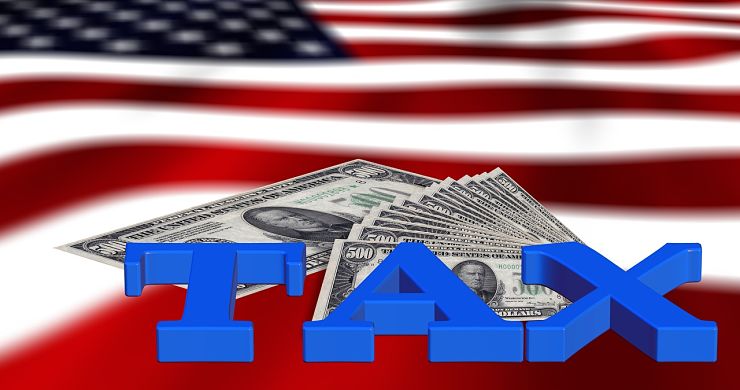Debt discharged in bankruptcy is tax free, even if you get a 1099 claiming otherwise.
It’s unnerving when you get a 1099 after you thought the debt, and all its complications, were gone.
But for bankruptcy clients, the answer is simple:
Debt discharged in bankruptcy is not taxable.
Tax on cancelled debt
The tax code wants to treat the discharge of debt as if it were income. Thankfully, there are exceptions to that rule. They’re found here.
Debt may get cancelled in lots of ways:
- in a short sale;
- by compromising a debt
- by lender compliance with a settlement agreement with the feds;
- in a bankruptcy; or
- in a foreclosure.
Lenders and debt collectors believe themselves bound to send out a 1099 whenever they handle a transaction that may implicate cancellation of debt. They aren’t rendering an opinion on the tax treatment of the event. They are just reporting it to the IRS.
Receipt of a 1099 is not the final word on the topic; it’s only notice that the transaction in question has been reported to the IRS.
Bankruptcy is an exception
The standard rule is that debt that is cancelled is treated as though you had received that much cash, and that pseudo-cash is treated as income. And, if it’s income, the IRS thinks it’s taxable.
The exceptions to recognizing that transaction as income found in IRC 108 include
- insolvency at the time, and
- discharge of the debt in bankruptcy.
Claiming the no-tax exception
To avoid including the 1099 total in your taxable income, you have to file an IRS form to rebut the 1099. It’s form 982 and right at the top are the boxes to check to invoke the exceptions.
The form says, in the first exception:
Discharge of indebtedness in a title 11 case
Title 11 is where bankruptcy law is found. This is your “out” if you got a bankruptcy discharge.
Other grounds to exclude income
Insolvency at the time of the debt forgiveness is another exception.
The form includes a worksheet to see if you are insolvent for the purposes of this provision of law.
If the 1099 got the facts wrong
Remember, too, that if you did not have personal liability for the debt, the cancellation of that debt is not even forgiven debt. There was no debt.
You may have no personal liability because of a previous bankruptcy or by reason of California’s anti deficiency laws.
Here’s the IRS on the subject: http://www.irs.gov/taxtopics/tc431.html
More
Deductions hidden in Chapter 13
Discharging taxes in bankruptcy







I filed a chapter 11 which was confirmed Jan. 2011 & will not be discharged until Dec. 2015. I received 1099C from several of the mortgage companies on my investment properties. Would these amount qualify for Calculating insolvency?